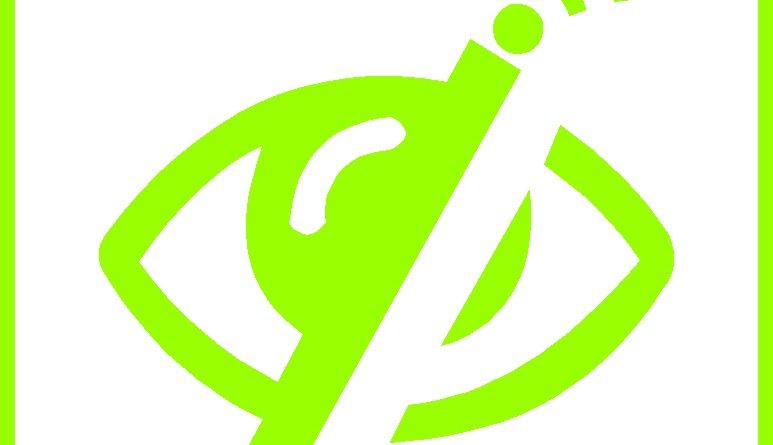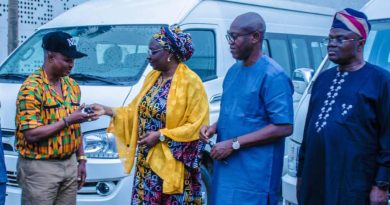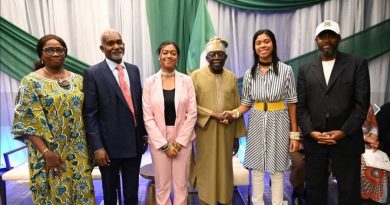Only 4.4 Percent Of 4.25 Million Visually Impaired Nigerians Receive Care – CITAB
The Centre for Infrastructural and Technological Advancement for the Blind (CITAB) has expressed deep concern following new figures released by Sightsavers Nigeria revealing that over 4.25 million Nigerians are blind or visually impaired, but shockingly, only 4.4 percent currently have access to vital eye health care.
According to the Executive Chairman of the group, Jolomi George Fenemigho, “This 4.4 percent access rate is not just an alarming health statistic; it is a national shame and a red flag. If blind Nigerians are unable to secure even the minimal eye health care they deserve, how much more are they missing out on accessible technology, public infrastructure, education, and fair economic opportunity? We are not merely discussing health; we are exposing a systemic failure that has left millions of our citizens out in the cold, excluded from virtually every facet of national life.”
Fenemigho continued, “This is not just about eyes that cannot see; it is about a country that has chosen to look the other way. The result is devastating—not only is valuable human potential being wasted, but our shared values of dignity, justice and inclusion are being undermined every day.”
CITAB called for urgent action from all tiers of government to close the massive gap in accessibility and equality for blind Nigerians.
The group outlined four key demands to address the crisis:
Mandatory Digital Accessibility: All government and financial service digital platforms must undergo strict screen-reader compliance audits and be made accessible to guarantee the independence of blind and visually impaired citizens.
Accessible Learning Environments: The Ministry of Education must provide funding and deploy assistive technology in all public schools including Braille display units, specialized educational software, and accessible learning materials on a national scale.
Universal Mobility Standards: All public infrastructure projects should rapidly adopt universal design, including tactile paving, audible traffic signals, and accessible public transportation, so that independent mobility is a right, not a privilege.
Subsidies for Tools of Independence: The Ministries of Finance and Trade should immediately provide subsidies and tax waivers on essential assistive devices such as modern electronic canes and Braille production equipment, making them affordable and accessible to all who need them.
“As long as this state of neglect continues, the promise of inclusion and progress for millions of Nigerians remains an empty slogan,” Fenemigho warned.
“This moment demands courage and vision. We must act now to dismantle barriers and realize a future where every Nigerian, regardless of disability, has an equal chance to thrive.”
CITAB reaffirmed its readiness to partner with government at all levels, offering its expertise to help ensure every new policy, platform, or project is truly accessible.
The organization also called on the Presidency to establish a Special Presidential Working Group on Technological Inclusion to drive genuine, cross-sectoral progress.




